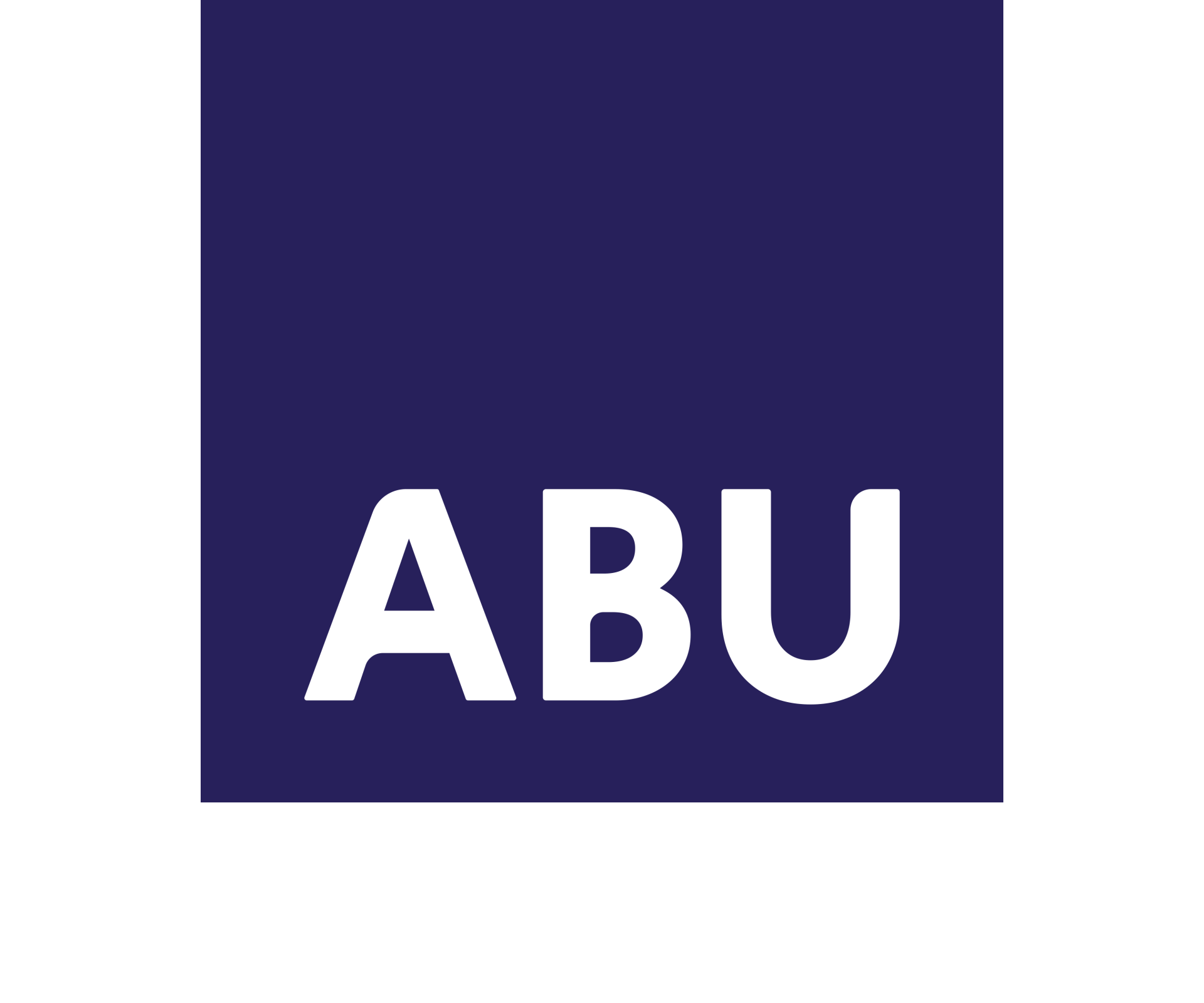New Life Sciences graduates - a world of opportunities awaits

Aug 25, 2022
Recent graduates (and in fact, anyone looking for a life sciences job) have got the ‘Great Resignation’ to thank - among other things - for the huge number of roles available in this industry. There are more vacancies than candidates at the moment. But what’s the best way to take advantage of this opportunity?
There is a record number of vacancies in life sciences the world over, and nowhere near enough talent to supply them all. Not only that, but governments and investors around the world are pouring money into medical research and development in light of the COVID-19 pandemic.
Interestingly, new grads are in the unique situation of being at the forefront of a technological revolution. There are more tools available to them, both to support them in the workplace (or remote work) and to apply directly to that work. It’s not so long ago that physical libraries were the fastest way to find information, email was the quickest way to connect with a colleague and meetings that were held in person were lost to anyone who could not attend. But this new world isn’t just more convenient; it’s more demanding, too. There are more skills to learn, qualifications to earn and roles to choose between. Career paths are more convoluted. Whether you want to work directly in the industry or in academia, you are now the project manager of your own career.
On the other side of the planet, in the USA, employers are looking to hire 25% more people who graduate in 2022 than they did in the previous year - the situation in Europe is not much different. This is a brilliant time to be job hunting in the industry! We’ve asked our expert recruiters (many of whom are also scientists) to share some inside tips on making the most of this opportunity.
Get organised
Take some time to carefully consider not just the role you want, but the type of company you want to work for. Sure, salary and job description should be near the top of your list of priorities, but here are some other points to consider:
- Career path: where do you want to end up, and which jobs will set you on the right path?Think about the skills, qualifications and experiences.
- What do you value?Are you looking for the opportunity to advance rapidly, or work overseas? Or do you want to work somewhere that cares about sustainability?
- What benefits mean most to you? Employers offer an ever-expanding range of benefits. Try to work out which ones will motivate you the most. For example, remote working, higher pension contributions, volunteer days and the opportunity to study further and get paid for it are all possibilities.
- What motivates you?Your degree might dictate the field you work in to some extent, but you might be able to choose between different therapy areas or applications. There are huge multinationals, brimming with opportunities to try new things, or there are fast-paced start-ups where you could have the opportunity to really make your mark.
These considerations are great inspiration for interviews, too. They give you the answer to questions like “What made you decide to apply for a role at this company?” and “Where do you see yourself in five years?” - and they also provide you with questions for the (tricky) “Is there anything you’d like to ask us about the role or job that we haven’t already covered?”. That question is asked often, and it makes a great impression if you have at least one thoughtful question to ask the interviewers.
Sari Steenhauer, Senior Recruitment Consultant Life Sciences at Kelly, explains“The pandemic changed how we live, work and connect with others. But, most fundamentally, it changed us! It made us reassess what is important in life. 70% of employees took the time to reflect on the purpose of their lives after COVID-19. People want a better work-life balance.
“COVID made us realise life is short, and nudged us to pursue our passions. In fact, 25% of workers plan to look for a job at another employer; 1 in 5 have already made a complete career switch. A career is more than work. It should give means and flexibility to support other things that matter in your life (family, friends, travel, hobbies). Review if your own values match with those of a potential employer.”
Play up your unique skills
You’ve been at university during a very difficult period of time. The pandemic turned the world upside down, and your uni experience will be very different to those of any other cohorts. So what does this mean in terms of skills? Well, you can say that studying remotely required a huge amount of discipline, self control and motivation. You are adept at managing remote meetings and have experience with all kinds of technology (some of which many interviewers won’t even have heard of). You’re adaptable, flexible and also keen to get out there and put the skills you learnt mostly at home to work in the real world.
You might also have good stories to tell about your problem-solving abilities and creative solutions to challenges you faced. If you can show that you know how to manage your time and energy, avoid burnout and take care of your wellbeing, that’s also a huge bonus for employers. We’d say that’s pretty impressive!
Aim high and take risks
Many of the roles you apply for may be described as entry level or graduate positions, which is a good starting point. But look out for other opportunities where you fit, or nearly fit, the person specification. You don’t want to oversell yourself and end up in a difficult interview (or in a role that you struggle with), but as long as you remember not to get carried away it’s fine to apply for roles that seem ambitious.
Sarisays“Besides the traditional life sciences education, organisations are also looking for strong candidates from outside the industry who can bring, for example, more technological and communication skills. Softer skills are becoming more relevant and can really strengthen your application. The market is flourishing and there are more unexpected opportunities than ever before. Think outside of the box!”
While it’s worth stretching yourself, just remember not to stretch the truth when it comes to your skills and experience! You’ll have valuable knowledge from your time at university, and likely - depending on your specialism - some experience too. So capitalise on that without overstating it.
Talk to people
Networking is a powerful tool in this industry. Reach out to people you know - lecturers, peers and alumni, for example - to ask them about their careers. They might not all answer you, but people often remember how hard it can be starting out and are happy to lend their support (and talk about their achievements). If you’re not sure what to ask, specifically, just tell them you are weighing up your options post-university and would love to know about how they got to where they are now, and if they have any advice.
There are also lots of ways to make new acquaintances that might come in handy. You’ll find scientists on Twitter and LinkedIn, and there are endless formal and informal events based around life sciences that you can attend in person or online. Make the most of these opportunities and you’ll learn a surprising amount while extending your network.
Work with recruiters
As you’re just starting out it might feel a bit premature to work with a specialist recruiter, but don’t worry - your skills are in demand, and we know the people who are looking for them. It doesn’t cost you anything to work with recruiters like Kelly Life Sciences, even if we land you your dream job. And if we don’t find the right role for you, you’ll still get the benefit of our advice around things like your CV, cover letter, interview technique and the quirks of the industry. Many of our consultants are scientists, too, so you might even be able to apply the tips in the section above!
So there you have it - our tips for making the most of this opportunity. It’s still hard work to find the right role, but you have more leverage than previous cohorts of graduates and salaries have increased, even for entry level roles, so the world is your oyster!







